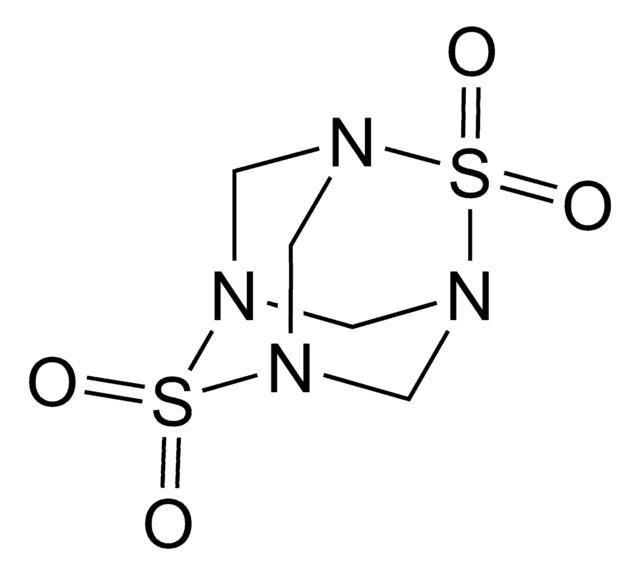55414-U
Supel™ QuE
Z-Sep+ with MgSO4 Tube, centrifuge tube volume 2 mL, pack of 100 ea
Synonym(s):
QuEChERS
About This Item
Recommended Products
composition
Magnesium Sulfate, 150 mg
Z-Sep+, 50 mg
packaging
pack of 100 ea
technique(s)
QuEChERS: suitable
centrifuge tube volume
2 mL
application(s)
food and beverages
Looking for similar products? Visit Product Comparison Guide
General description
Using the QuEChERS method, food/agricultural samples are first extracted with an aqueous miscible solvent (e.g., acetonitrile) in the presence of high amounts of salts (e.g., sodium chloride and magnesium sulfate) and/or buffering agents (e.g. citrate) to induce liquid phase separation and stabilize acid and base labile pesticides, respectively. Upon shaking and centrifugation, an aliquot of the organic phase is subjected to further cleanup using SPE. Unlike traditional methods using SPE tubes, in dispersive SPE, cleanup is facilitated by mixing bulk amounts of SPE (e.g., Supelclean PSA, ENVI-Carb, and/or Discovery DSC-18) with the extract. After sample cleanup, the mixture is centrifuged and the resulting supernatant can either be analyzed directly or can be subjected to minor further treatment before analysis.
Supelco carries a line of vials and centrifuge tubes containing pre-determined amounts of salts and SPE sorbents to support the most common method configurations used today.
Other Notes
Z-Sep+ is recommended for cleanup of samples containing greater than 15% fat.
Z-Sep/C18 is recommended for cleanup of samples containing less than 15% fat.
Z-Sep is recommended for cleanup of samples prior to analysis of hydrophobic analytes.
Legal Information
Storage Class Code
13 - Non Combustible Solids
WGK
WGK 1
Flash Point(F)
Not applicable
Flash Point(C)
Not applicable
Choose from one of the most recent versions:
Already Own This Product?
Find documentation for the products that you have recently purchased in the Document Library.
Customers Also Viewed
Articles
Pistachios contain approximately 45% fat, which can result in a significant amount of coextracted matrix in the acetonitrile extract generated using the QuEChERS procedure. A zirconia based adsorbent significantly reduces coextracted matrix prior to LC-MS or GC-MS.
Related Content
QuEChERs is a solid phase extraction (SPE) technique for sample preparation. Supelco's innovative Z-Sep and Z-Sep+ sorbents demonstrated here extract more fat and pigment than traditional PSA/C18 phases while showing greater analyte recovery and greater reproducibility.
QuEChERS method simplifies sample cleanup for pesticides analysis in food and agricultural samples.
QuEChERS method simplifies sample cleanup for pesticides analysis in food and agricultural samples.
QuEChERS method simplifies sample cleanup for pesticides analysis in food and agricultural samples.
Our team of scientists has experience in all areas of research including Life Science, Material Science, Chemical Synthesis, Chromatography, Analytical and many others.
Contact Technical Service



